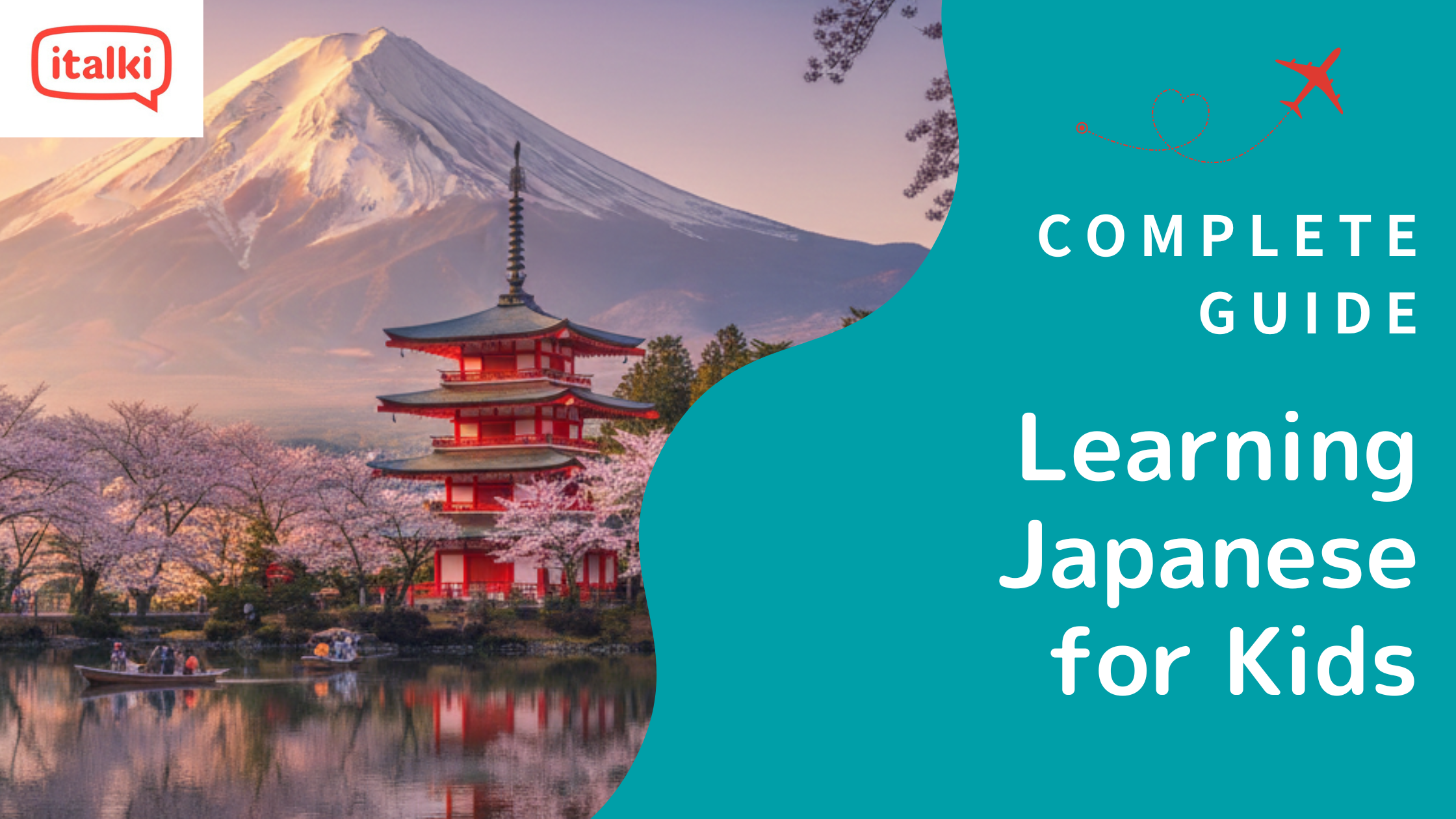Do you want to learn Japanese Greetings and Phrases to get the feel of the widely spoken language? Learn Japanese online today. Here we are going to share with you some of the most simple Japanese greetings and phrases to give you a perfect start.
Greetings are very important especially when you visit Japan, these greetings and common phrases will help you to initiate a conversation with native Japanese. There are plenty of Japanese greetings and phrases and they are used according to their usage rule.
These greetings and phrases will help you to have conversations in Japanese if you are planning to live abroad for higher education, employment, or holidays. Because of their massive importance, these greetings are the first thing that you need to learn in Japanese. Keep on reading to learn the basics of Japanese greetings and phrases.

Introduction of Japanese Greetings
In Japanese, the word aisatsu (挨拶) means “greeting” but it is more than just mere ‘hello’. Aisatsu holds prime importance in the Japanese language. It is taught from early childhood. It is taught to every student to greet their seniors in school every day.
This Japanese greeting is also widely used in the workplace. It is considered important to develop and promote a positive work environment. It is also considered important to promote positive communication among coworkers.
12 simple Japanese greetings and phrases
Konnichiwa (こんにちわ)
Konnichiwa (こんにちわ) translates as a ‘hello’. It is the most commonly used Japanese greeting. It can be used at any time, especially whenever you meet a person and wants to greet him with a hello.
But if you look at its meaning, it is more likely to be used in the daytime from 11 am and 5 pm. Its meaning in the literal sense is “today,” or more formally, “the sun,” which makes sense to use in the daytime, when the sun is up.
During informal conversations with friends and peers, you can use ‘hey’ or ‘yo’, similar to informal English conversations. But you cannot use ‘hey’ or ‘yo’ in informal settings as it doesn’t look professional at all. You should use Konnichiwa (こんにちわ) to say hello, as it can never go wrong.
Want to learn a language at italki?
Here are the best resources for you!
Ya ho (ヤッホ)
This greeting is particularly used by the kids. This is just like saying yahoo In English and is mostly used by the locals as a bit feminine.
Osu (おす)
In English, we use the general term ‘bro’, but in Japanese, Osu is the word that is used for similar purposes. If you are a boy and are looking for an informal way to greet your friends then the word osu is for you to greet your brothers and friends.
Ohayō gozaimasu (おはようございます)
Ohayō gozaimasu (おはようございます), roughly means ‘good morning’. It is also used during the daytime when the sun is up. However, the base word is hayai (早い), which means “early.” The actual word used for ‘morning’ is not there in the phrase.
Always try to use the full phrase when you greet someone with a good morning formally, especially to those who are senior or elder to you. In some business settings, you can greet someone Ohayō gozaimasu (おはようございます) at any time of the day, if you are greeting the other person for the first time in the entire day.
Konbanwa (こんばんわ)
In literal terms, Konbanwa (こんばんわ) means ‘tonight’ and it is used to greet ‘good evening’ to the people. As compared to “konnichiwa”, “konbanwa” is used more in the formal settings to greet people ‘good evening’.
Sayōnara & gokigenyō s (さようなら/ごきげんよう)
The literal meaning of sayōnara is “if it is so”, but it is not used often. Among friends, more frequently heard are “baibai” (バイバイ), “jaane” (じゃあね), “dewa” (では) or “mata ne” (またね). “Mata ne” (またね) basically means “see you (again)”. So to say “see you tomorrow” or “see you next week”, you can say, “mata ashita (また明日)” or “mata raishū (また来週)”.
Oyasumi nasai (おやすみなさい)
The meaning of Oyasumi nasai (おやすみなさい) is “please rest,” or “have a good rest”, but it is also used to greet people ‘good night’.
Tadaima & okaeri (ただいま, おかえり)
These phrases are commonly used for returning or going back to home or office. The person who returns home usually uses the phrases “tadaima” or “tadaima modorimashita”. The meaning of these phrases is: “I have come back now.” On the other hand, the person who welcomes the returning person says “okaeri” or “okaerinasai“. The meaning of “okaeri” or “okaerinasai” is “welcome back”.
Ittekimasu & itterasshai (行ってきます, 行ってらしゃい)
These greetings are used when someone leaves the house. The person who leaves the house says, “ittekimasu“, which means “I’ll go and come back.” Whereas the person staying says “itterasshai“, which means “please go and come back”.
These greetings are used on daily basis in Japan. Whenever someone leaves the house these phrases are used to inform one another.
Moshi moshi & osewa (もしもし, お世話)
This phrase is particularly used over the phone only. The source lies in the verb mōsu, a polite form used for oneself of the verb iu (言う), “to say”. “Moshimoshi” is particularly used over the phone usually at the start of the conversation.
However, a more well-mannered way to respond to the phone is “hai (はい)” or “yes,” followed by your name or your company when you have conversations related to business and work.
Otsukaresama desu (お疲れ様です)
Otsukaresama desu (お疲れ様です) is the most widely used phrase used at the workplace but the translation of this phrase is quite difficult. The source verb tsukareru) means “to get tired.”
It is, basically, used to appreciate one’s hard work and dedication to work. It is mostly used in the workplace to show shared support and appreciation.
Yōkoso & irasshaimase (ようこそ, いらっしゃいませ)
Once you reach Japan, one of the first greetings that you will come across at the Airport is “yōkoso”, which simply means ‘Welcome’. In hotels, the phrase that is commonly used is “irasshaimase” which is also like a welcome note but it does not need a response in return.
All the above-mentioned phrases are proof that good manners are highly valued in Japan. Japanese always focus on greeting one another with love and appreciation. So whether you are a student, tourist, or worker aspiring to go to Japan, you have plenty of reasons to learn Japanese. One of the first steps to visiting Japan is to become familiar with their greetings and culture.
Conclusion
All these phrases are easy to learn with regular practice, but working with a professional Japanese tutor can take your skills further. A tutor will help you fine-tune your pronunciation, timing, and cultural nuance so that your greetings sound natural and confident.
For an even more personalized approach, you can learn Japanese 1 on 1, focusing on real conversations that prepare you to connect with native speakers in everyday situations. With the right guidance, these simple greetings become the first step toward meaningful communication in Japanese.

Find Your Perfect Teacher
At italki, you can find your Japanese tutor from all qualified and experienced teachers. Now experience the excellent language learning journey!
Book a trial lesson

















